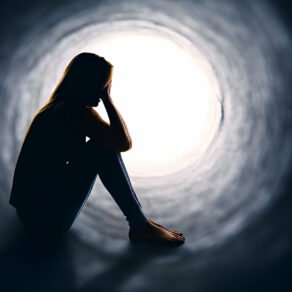Introduction: Feeling exhausted despite getting a full night’s sleep? Struggling to find the energy to tackle even the simplest tasks? You’re not alone. Many people with depression experience overwhelming fatigue that can significantly impact their quality of life. In this article, we’ll explore the complex relationship between depression and fatigue can depression make you tired , uncovering the underlying mechanisms and offering practical strategies for managing both.
Understanding Depression and Its Effects:
Depression is more than just feeling sad or blue; it’s a serious mental health condition that can affect every aspect of a person’s life. Alongside persistent feelings of sadness or hopelessness, depression often manifests physical symptoms, including fatigue, changes in appetite, and sleep disturbances.
Exploring the Link Between depression make you tired:
Fatigue is one of the most common and debilitating symptoms of depression. While the exact cause is not fully understood, several factors contribute to this link. Neurotransmitter imbalances, dysregulation of the HPA axis, and sleep disturbances are key players in exacerbating fatigue in individuals with depression.
Managing Depression-Related Fatigue:
Overcoming fatigue associated with depression can be challenging, but several strategies can help alleviate symptoms and improve overall well-being. Seeking professional help, prioritizing self-care, establishing healthy habits, setting realistic goals, and building a support network are crucial steps in managing depression-related fatigue.
Conclusion: Fatigue is a common and debilitating symptom of depression, but it doesn’t have to define your life. By understanding the link between depression and fatigue and implementing practical strategies for management, you can regain control of your energy levels and improve your overall well-being. Remember, reaching out for support is the first step towards a brighter, more energized future.




